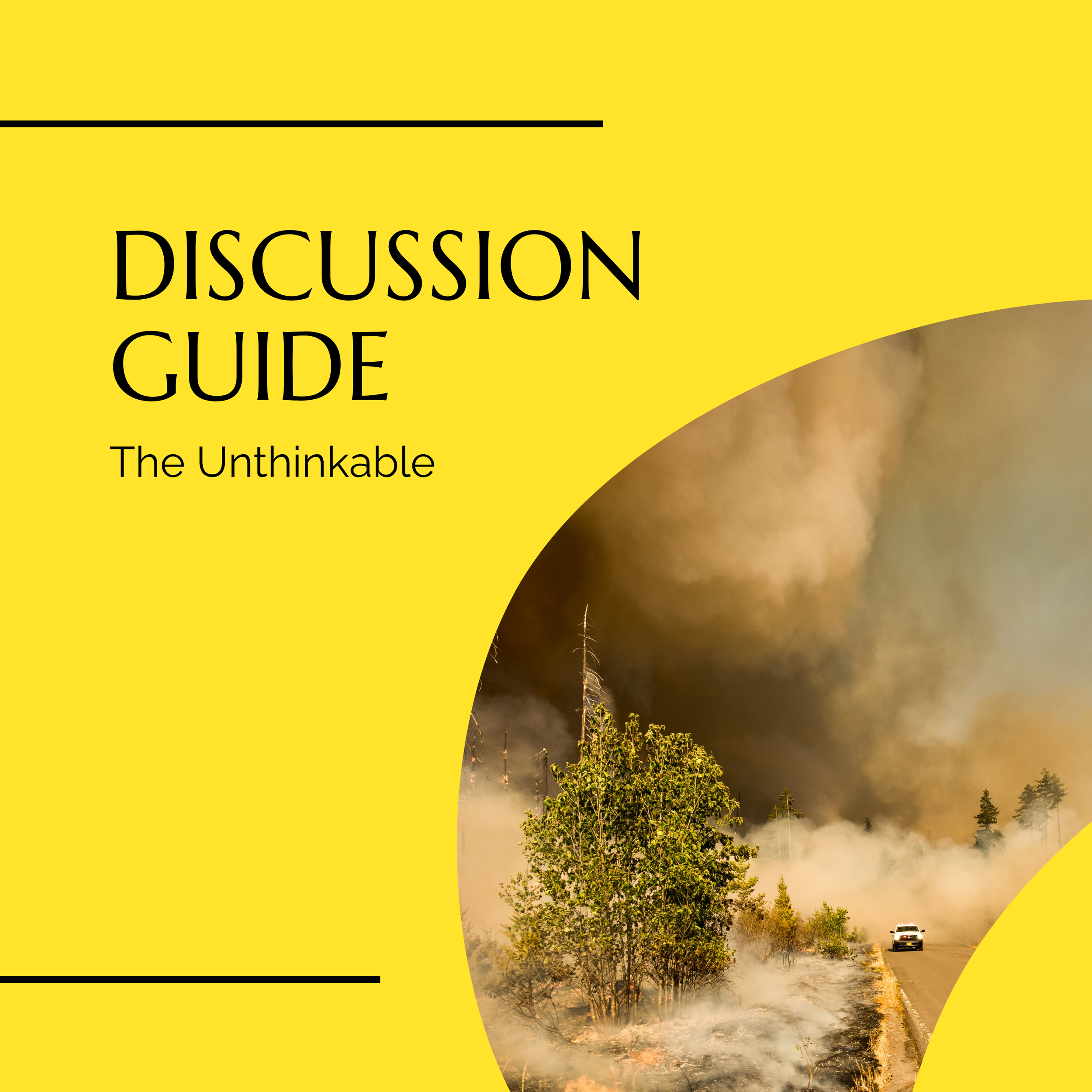A riveting expedition into the science of disaster—now revised and updated to include an investigation into the pandemic and the role of social media and distrust in disaster response.
In this inspiring mix of narrative, research and participatory journalism, journalist Amanda Ripley reveals how human fear circuits and crowd dynamics work, why our instincts sometimes misfire in modern calamities and how we can do much, much better.


